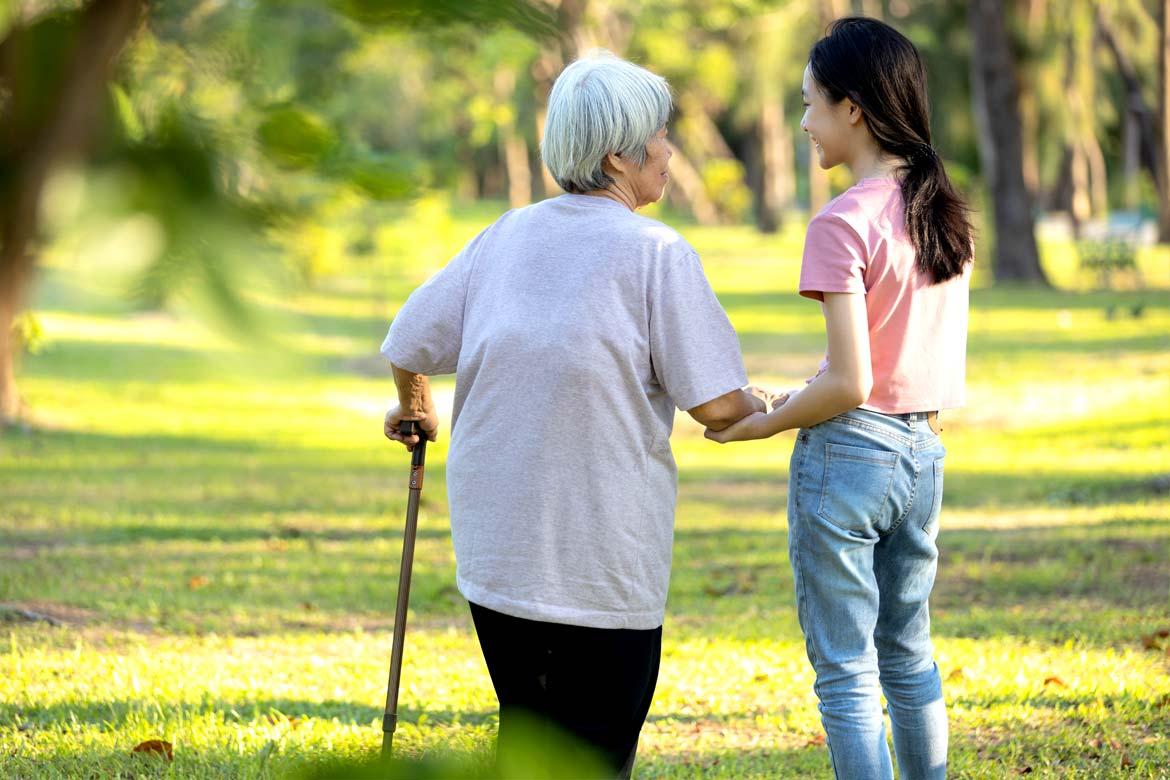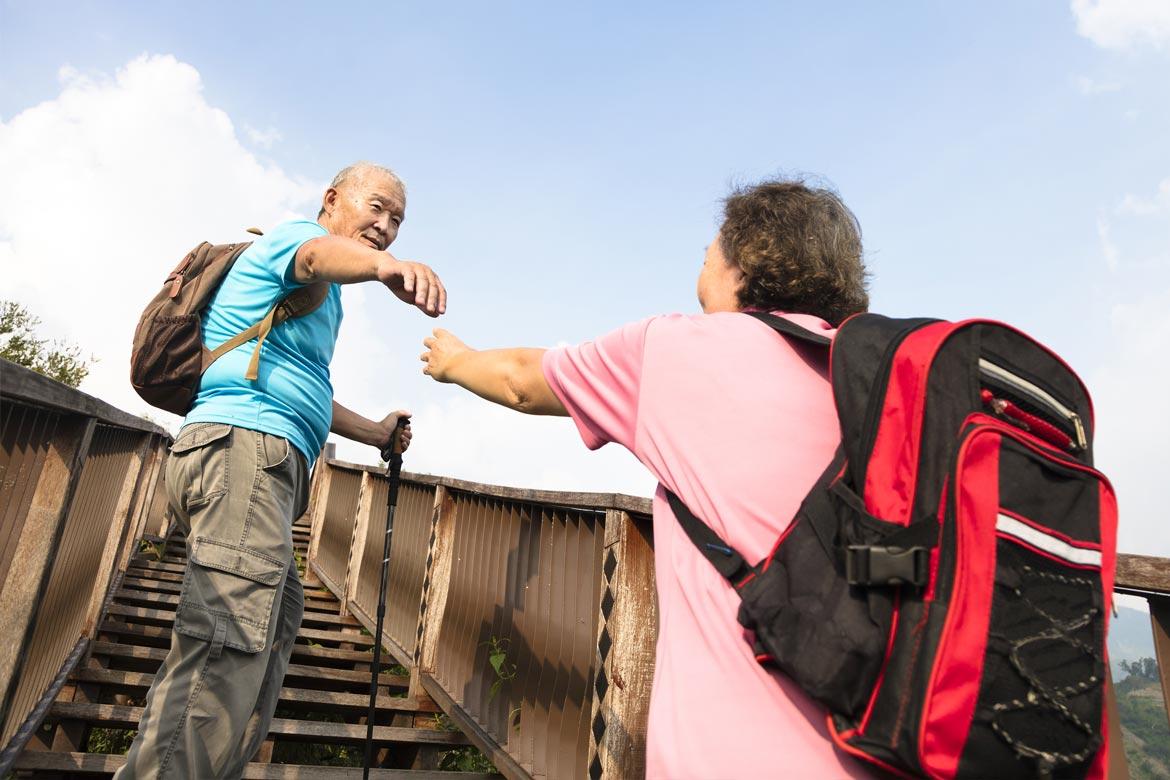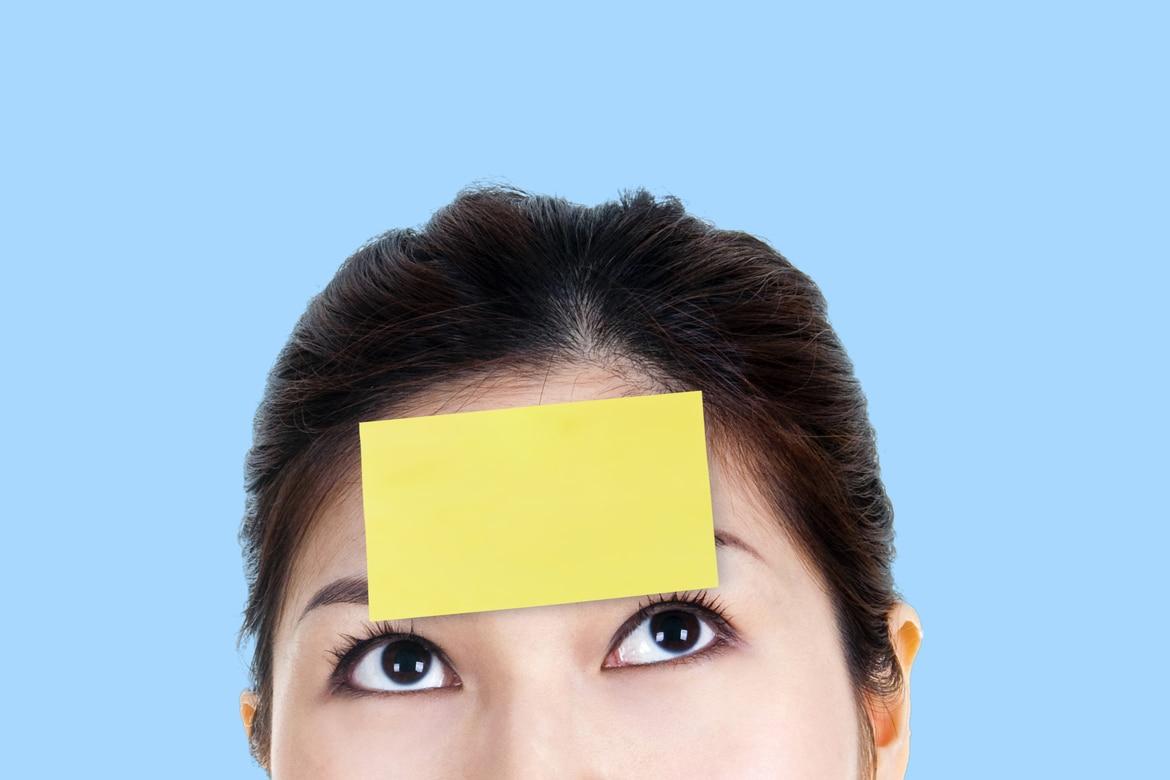-
-
Featured Care Areas

Post-Traumatic Headache
What is a post-traumatic headache?
A post-traumatic headache is a type of headache that occurs after a head injury, which can range from mild to severe trauma.
These headaches can manifest immediately following the injury or develop days to weeks later. Post-traumatic headaches are a common consequence of head injuries, including concussions, and can significantly affect the quality of life if not managed properly.
Types of post-traumatic headaches
Post-traumatic headaches can be classified based on their characteristics and underlying mechanisms:
- Acute post-traumatic headache: Occurs within seven days of the head injury or regaining consciousness and typically resolves within three months.
- Chronic post-traumatic headache: Persists for more than three months after the injury and may continue for years.
- Migraine-like post-traumatic headache: Characterised by throbbing pain, nausea, and sensitivity to light and sound, resembling a migraine.
- Tension-type post-traumatic headache: Presented as a dull, aching pain, often with a sensation of tightness or pressure around the forehead or back of the head and neck.
What are the symptoms of a post-traumatic headache?
Symptoms of post-traumatic headache can vary widely but commonly include:
- Persistent or intermittent head pain
- Throbbing or pulsating pain, similar to migraines
- Dull, aching pain, typical of tension-type headaches
- Nausea or vomiting
- Sensitivity to light (photophobia) and sound (phonophobia)
- Dizziness or vertigo
- Fatigue and irritability
- Difficulty concentrating and memory problems
- Trouble falling asleep or staying asleep
When to seek medical attention?
You should seek medical attention if:
- You experience a new headache following a head injury
- The headache persists or worsens over time
- Over-the-counter medications do not relieve the headache
- The headache is accompanied by symptoms such as confusion, memory loss, or difficulty concentrating
- You experience visual disturbances, dizziness, or balance problems
When to visit an urgent care centre?
Visit an urgent care centre if:
- You experience a head injury resulting in loss of consciousness, confusion, slurred speech, vomiting, or seizures
- You have a sudden, severe headache that is different from your usual headaches
- The headache is accompanied by neurological symptoms such as weakness, numbness, or difficulty speaking
- You experience a high fever, stiff neck, confusion, or seizures
- You have repeated vomiting or lose consciousness
What causes a post-traumatic headache?
Post-traumatic headaches are caused by head injuries that can result from various incidents, including:
- Falls
- Motor vehicle accidents
- Sports injuries
- Physical assaults
- Explosive blasts (common in military personnel)
The exact mechanisms underlying post-traumatic headaches are not fully understood, but they may involve changes in brain function, inflammation, muscle strain, or vascular changes following the injury.
What are the complications of a post-traumatic headache?
If left untreated, post-traumatic headaches can lead to several complications:
- Chronic daily headaches
- Persistent pain that affects daily functioning and quality of life
- Increased risk of depression and anxiety
- Sleep disturbances and fatigue
- Difficulty with cognitive functions such as memory and concentration
How do you prevent a post-traumatic headache?
Preventing post-traumatic headaches involves taking measures to avoid head injuries and managing any head trauma effectively:
- Use appropriate safety equipment such as helmets when participating in sports or riding bicycles and motorcycles.
- Implement measures to prevent falls, especially in the elderly, such as using handrails and removing tripping hazards.
- If you have young children, childproof your home to minimise the risk of falls and head bumps.
- Always wear seat belts and follow traffic safety rules to reduce the risk of motor vehicle accidents.
- Seek prompt medical care after any head injury to assess and manage potential complications.
This coverage checker is brought to you by Health Insured, an online resource that helps you understand your health coverage in Singapore.
This page has been reviewed by our medical content reviewers.
Need help?
For enquiries, please call
+65 6377 3737
For appointment bookings, please WhatsApp
+65 8111 3777








